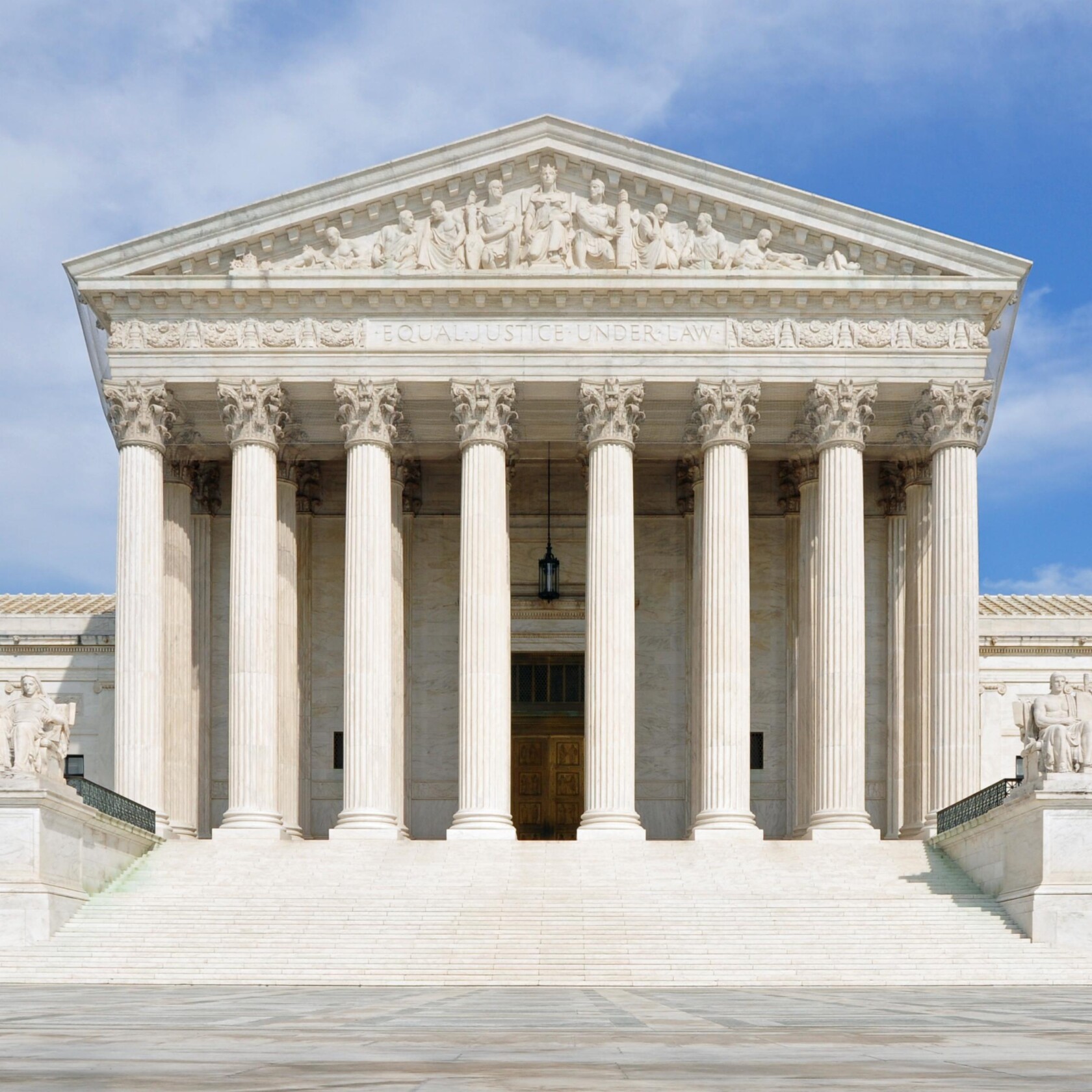Trump’s SCOTUS Nomination May Impact Employee Class Waiver Agreements

President Trump is not wasting any time acting on several of his campaign promises. Whether or not the administration’s actions align with those campaign promises, however, is yet to be seen.
On January 24, 2017, President Trump announced he would reveal his nomination for the vacant ninth seat on the Supreme Court. Trump has consistently said he will fill the seat with a judge sharing similar views to that of late Justice Antonin Scalia, who was known for his conservative opinions. The selection would break what many view to be an even liberal-conservative split on the Court. However, depending on the confirmation process, this yet-to-be revealed ninth justice may not even have a chance to impact a significant issue that has plagued employers since 2012.
One particularly important issue for employers is the Court’s treatment of employee arbitration agreements and an employer’s ability to require employees to waive their right to bring class or collective actions. The Supreme Court recently agreed to hear a series of cases that will decide whether the National Labor Relations Board (NLRB) is correct in its interpretation that federal labor laws prohibit employers from including class action waivers in employee arbitration agreements. While the NLRB has consistently found such agreements to be illegal, a circuit split has developed across jurisdictions. In the three collective cases the Supreme Court has agreed to hear, the Fifth Circuit overturned the NLRB’s decision and found a class waiver agreement valid. The Ninth and Seventh Circuits, however, sided with the NLRB — finding such agreements unlawful. The Supreme Court’s resolution of this matter will not only significantly impact employers, but will also provide a welcomed resolution to an otherwise unpredictable landscape.
The Supreme Court’s current composition lends itself to an even 4-4 split. If Chief Justice Roberts believes that is the mostly likely outcome, he could decide to hold the case for an additional term with the expectation the ninth justice would be seated by then. But not all experts are confident that the current Court would break evenly on this issue. Justice Kennedy, often known as a swing vote on the high court, sided with a conservative opinion written by Justice Scalia the last time the Court took on arbitration agreements, albeit in a business/consumer context rather than employer/employee. But, some legal professionals doubt Justice Kennedy would again take such a hard line enforcing arbitration agreements. This would lead to a 5-3 opinion (against enforcement) making President Trump’s pick inconsequential.
The potential impacts on employers are significant. If the Supreme Court invalidates class waivers, employers are at risk of facing costly class or collective action lawsuits in a variety of contexts. The guarantee of resolving employee disputes in an individual arbitral forum has offered employers a means of achieving more cost-efficient and private resolution of employee disputes. Without the tool of class waivers, employers may be vulnerable to these types of attacks in the future.
